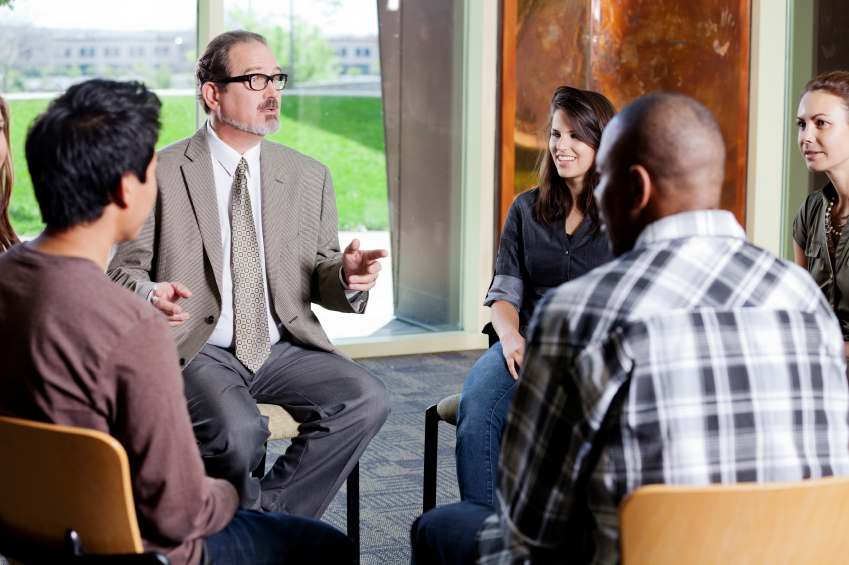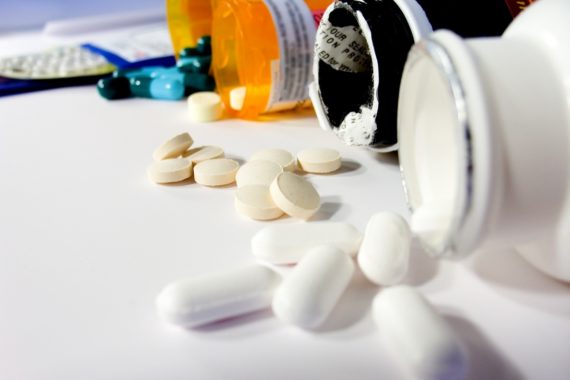How To Support Loved One While They Are On Opiate Addiction Treatment?
If your loved one has been struggling with an addiction to heroin or to opiate painkillers, like oxycodone or fentanyl, you have been ripped apart with worry and powerful urges to save them from themselves. You may fear for their life and feel anxiety; it’s also possible that you go through periods of anger. This isn’t an easy situation to deal with.
The difficult feelings don’t come to an end when your family member enters opiate addiction treatment. You still will want to play a role in that process. The following suggestions should give you ways to channel your energy into positive channels. Being helpful may also help you to relax and let go of some of the anxiety that has played such a prominent part in your life.
- Communicate with the Opiate Addiction Treatment Staff Regularly
The facility treating opiate addiction for your family member will have a wonderful staff whose goal is to help all the patients. These case managers, doctors, and therapists are people you can reach out to. If it doesn’t violate patient privacy policies, they may be able to give you some insight into the progress your family member is making. They can also look to you to help make Addictions treatment rehab decisions and to help your family member as discharge draws near.
- Attend All the Family Sessions You Are Invited To
You can show support by going to family days and to family therapy. This will also help you and your loved one to recommence a pattern of positive communication.
- Make Sure That Aftercare Options Are in Place When Your Loved One Is Ready to Leave Opiate Addiction Treatment
Treating opiate addiction at a professional facility always comes to an end eventually, but that doesn’t mean all treatment should come to an end. Help your family member find outpatient counselling. You may also help them maintain medication-assisted treatment.
My Family Member Is Finished Treating Opiate Addiction at an Opiate Addiction Treatment Center; What Can I Do Now?
A lot of people expect an addict to exit opiate addiction treatment completely cured and back to the person that they used to be. That isn’t the case. Addiction is a chronic disease and cannot be cured. Instead, people with an opiate use disorder have to continue treating opiate addiction for the rest of their lives and that process may be relatively easy at some points and really difficult at others.
You can help them in handling this progression by being available to help them. The best way to start is by simply asking “What kind of support would you like from me right now?” What follows are some additional ways to provide your support.
- Offer Concrete Support
Instead of vague or open-ended types of help, really address problems directly. For example, giving your loved one cash to take care of their bills puts them in the position of having ready money with which they can buy opiates. Treating opiate addiction will have helped them deal with these situations, but avoiding temptation is best. Instead, have them provide you with their bills and pay them directly.
- Encourage Continued Treatment
Don’t let their exit from treatment be the end of their care. If medication is being used, encourage them to keep taking it and help them access therapy. If possible, involve yourself in the treatment they are getting so that they feel loved and supported.
- Make Clear the Risks of Overdose
People who have been in opiate addiction treatment are more likely to overdose should they go back to using. Their systems will require a different amount of the drug and returning to their old use habits is likely to kill them. Make sure that they are aware of this.
Is Opiate Addiction Treatment Popular? How Many People Are Treating Opiate Addiction?
Given the rising rates of opiate use among Americans, it might feel natural to assume that the numbers of people in treatment are on the rise as well. But, research indicates that the percentage of people in opiate addiction treatment has remained rather steady. Further, the number of people who are treating opiate addiction is much lower than the number of people who genuinely need treatment. It is possible that the lack of care people are receiving may be contributing to the growing rate of people overdosing from opiates.
- How Many People Are Opiate Users?
The National Institute on Drug Abuse reports between 26.4 million and 36 million individuals worldwide abuse opiates. In America, the number of users who take prescription opiates was roughly 2.1 million in 2012, and the number of heroin users was 467,000.
- Are All of The Users Addicts?
No. There is specific criteria that people must meet to be diagnosed with a opiate use disorder. An analysis of data from the National Survey of Drug Use and Health, a nationally representative survey of people ages 12 and older, determined the number of people who met the criteria to be 6,770. These people self-reported either a physical dependency on opiates or personal, financial, or legal problems stemming from opiate use.
- How Many People with an Opiate Use Disorder Are in Opiate Addiction Treatment?
A study published in the Journal of the American Medical Association studied data from 2004-2008 and from 2009-2013. In each period, about 20 percent of those with a substance use disorder were treating opiate addiction. Though there was a 50 percent leap in the number of people in treatment, the huge increase in the number of people needing treatment kept the percentage the same.

